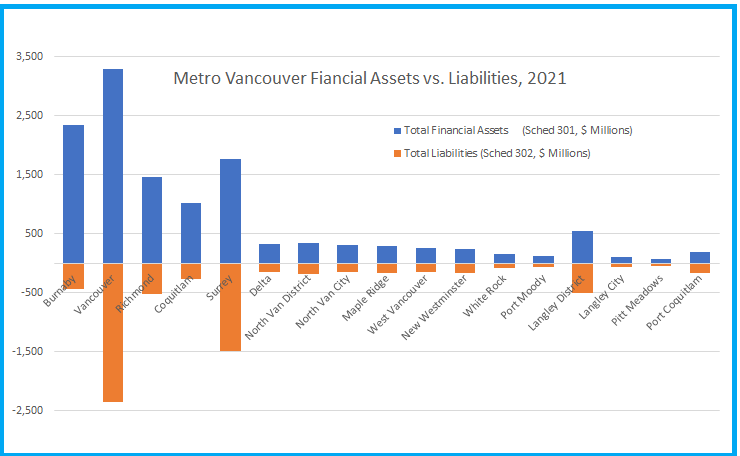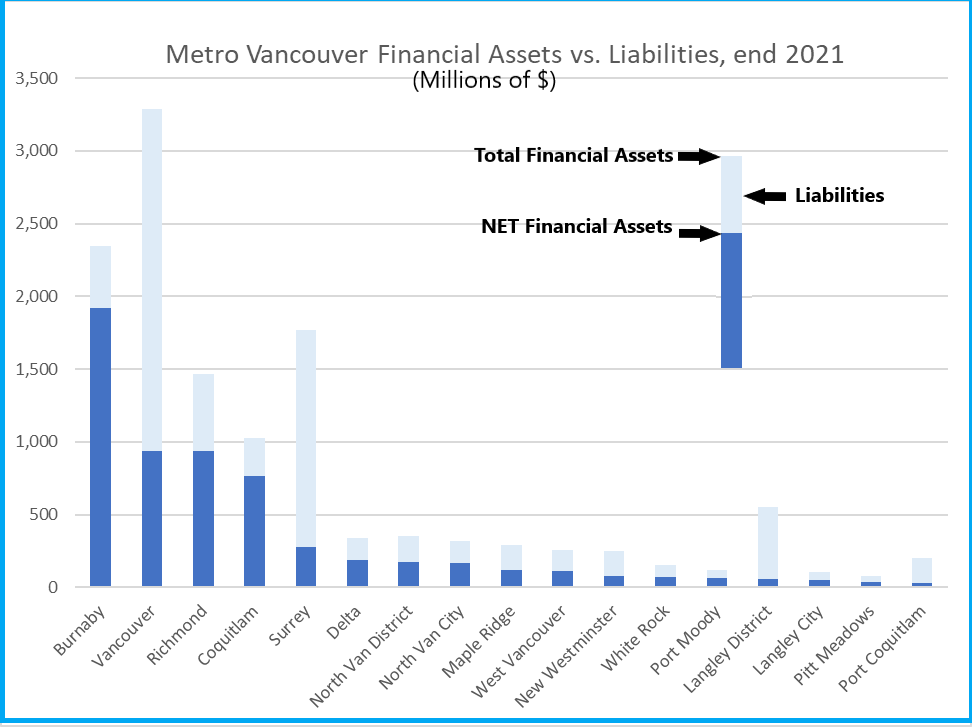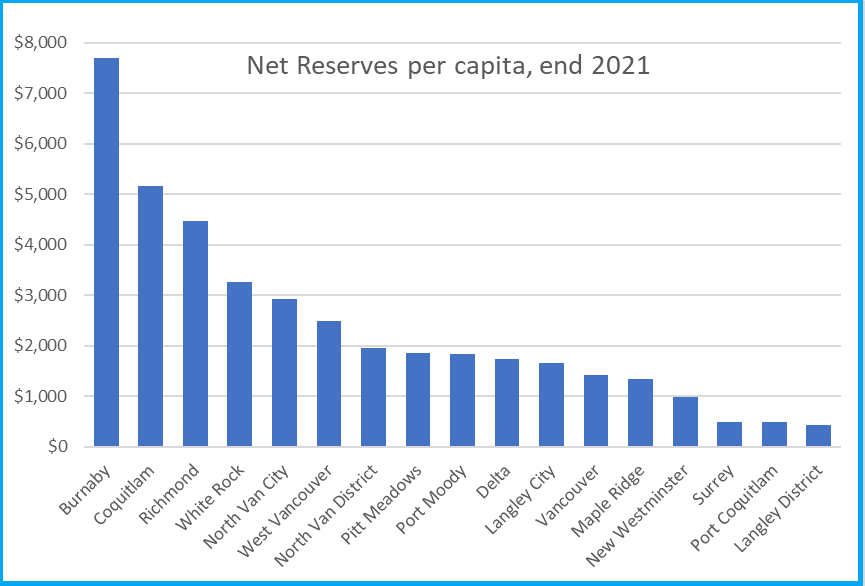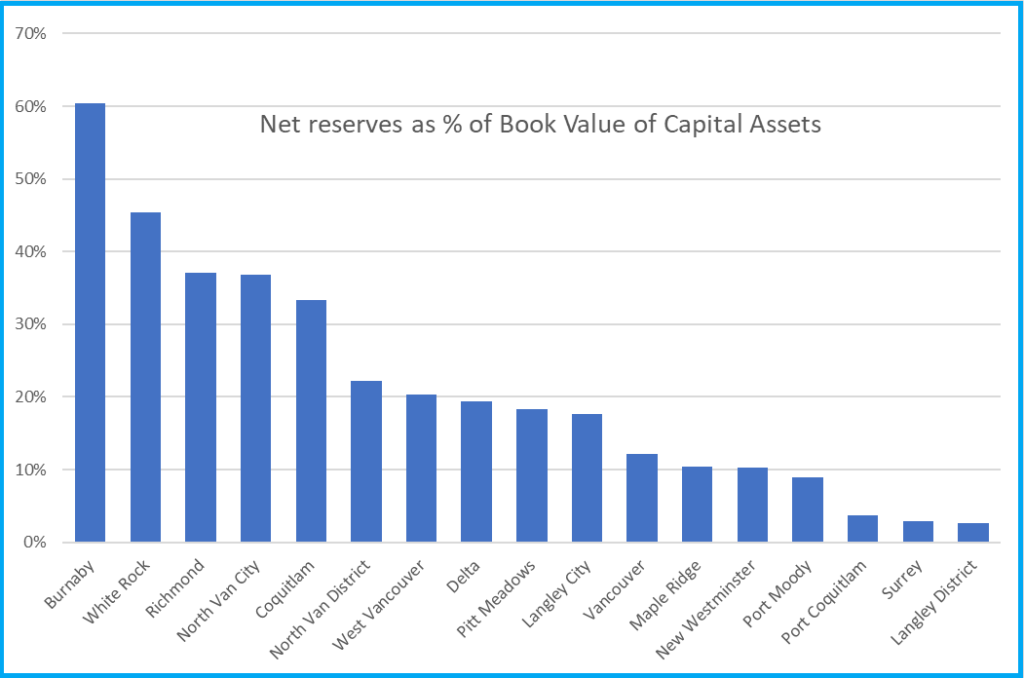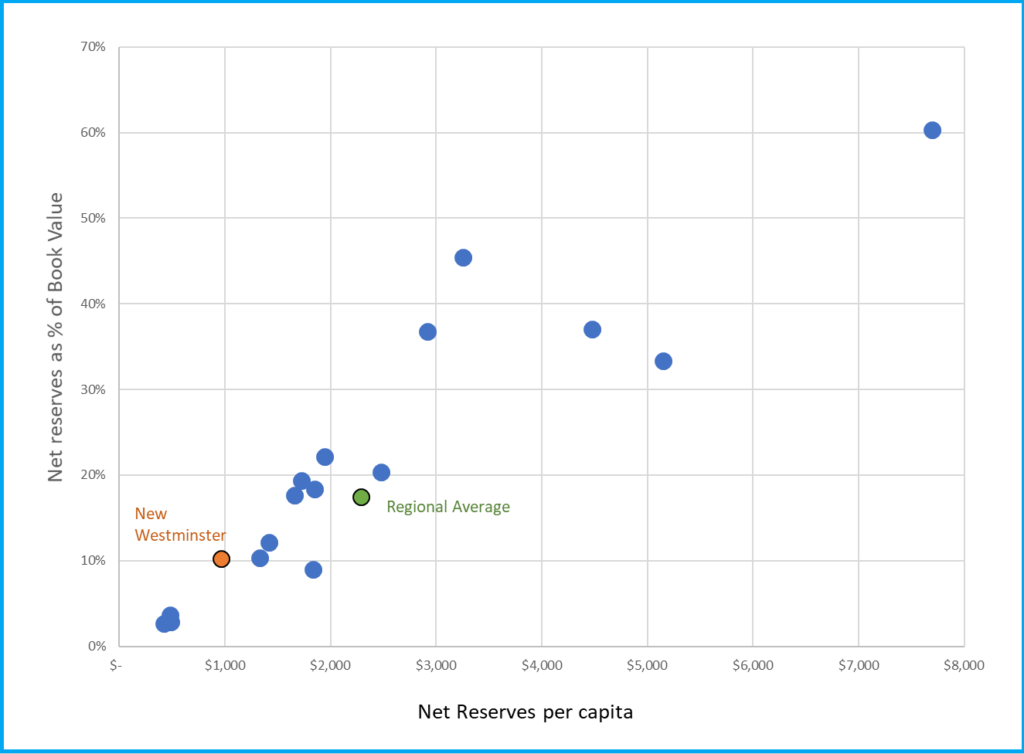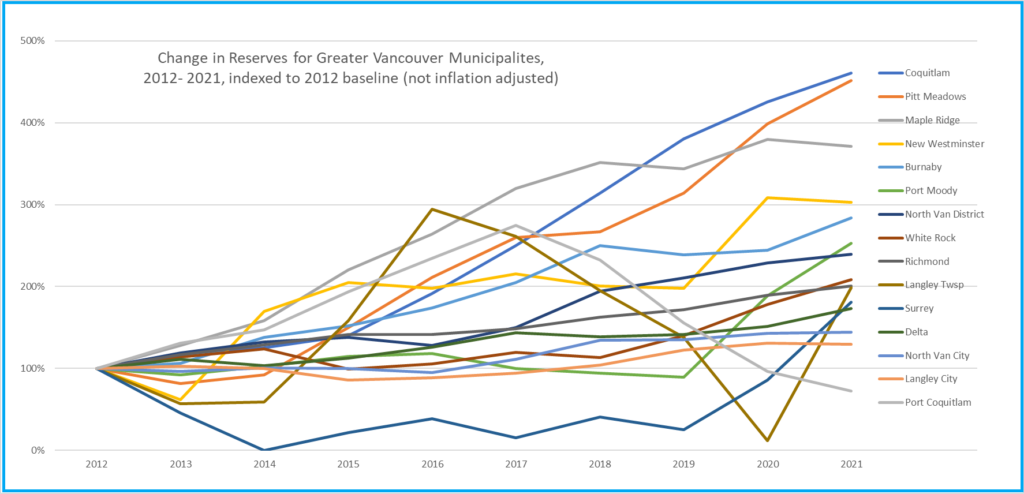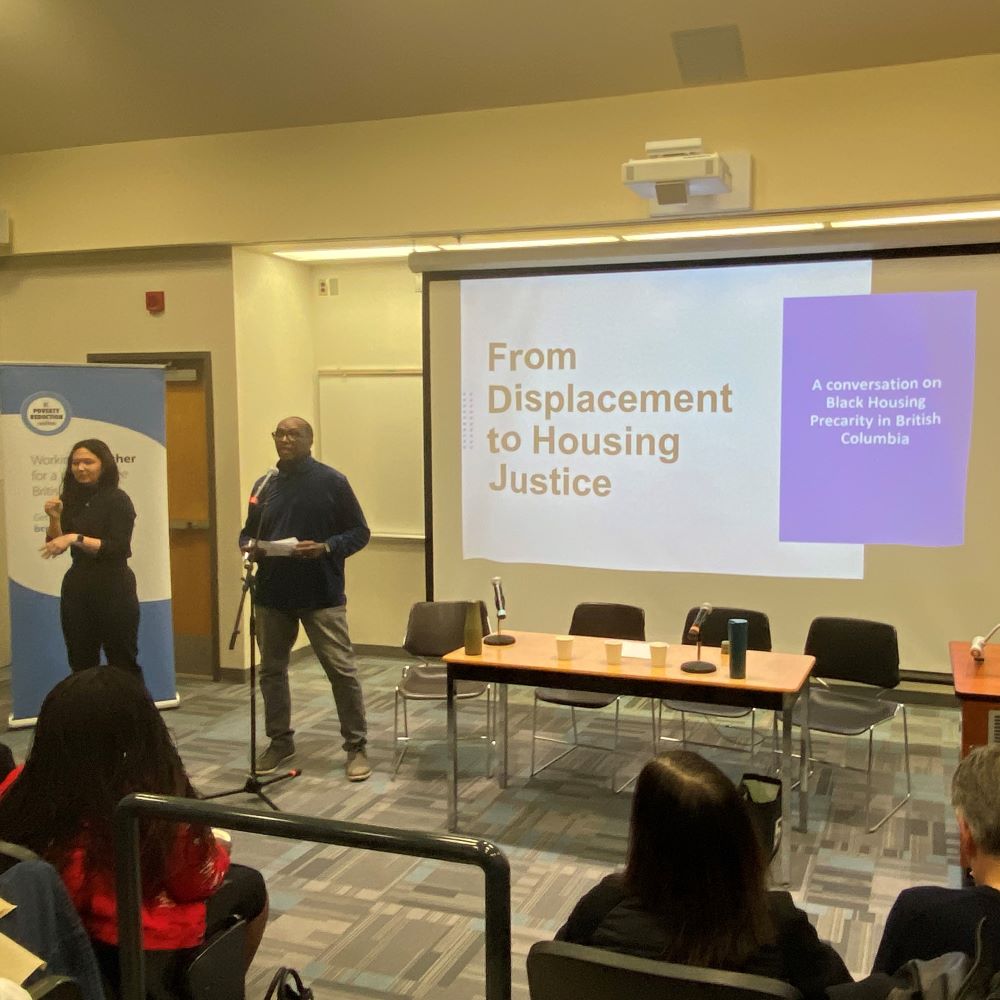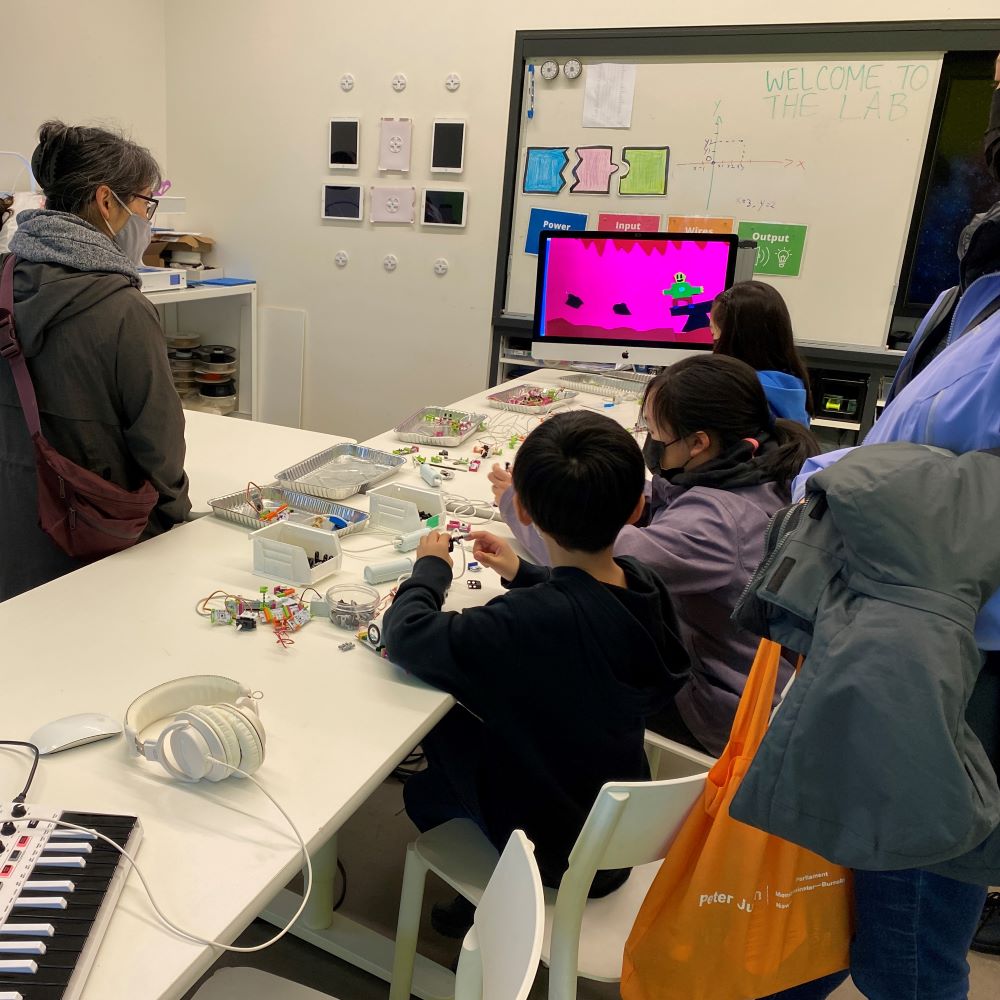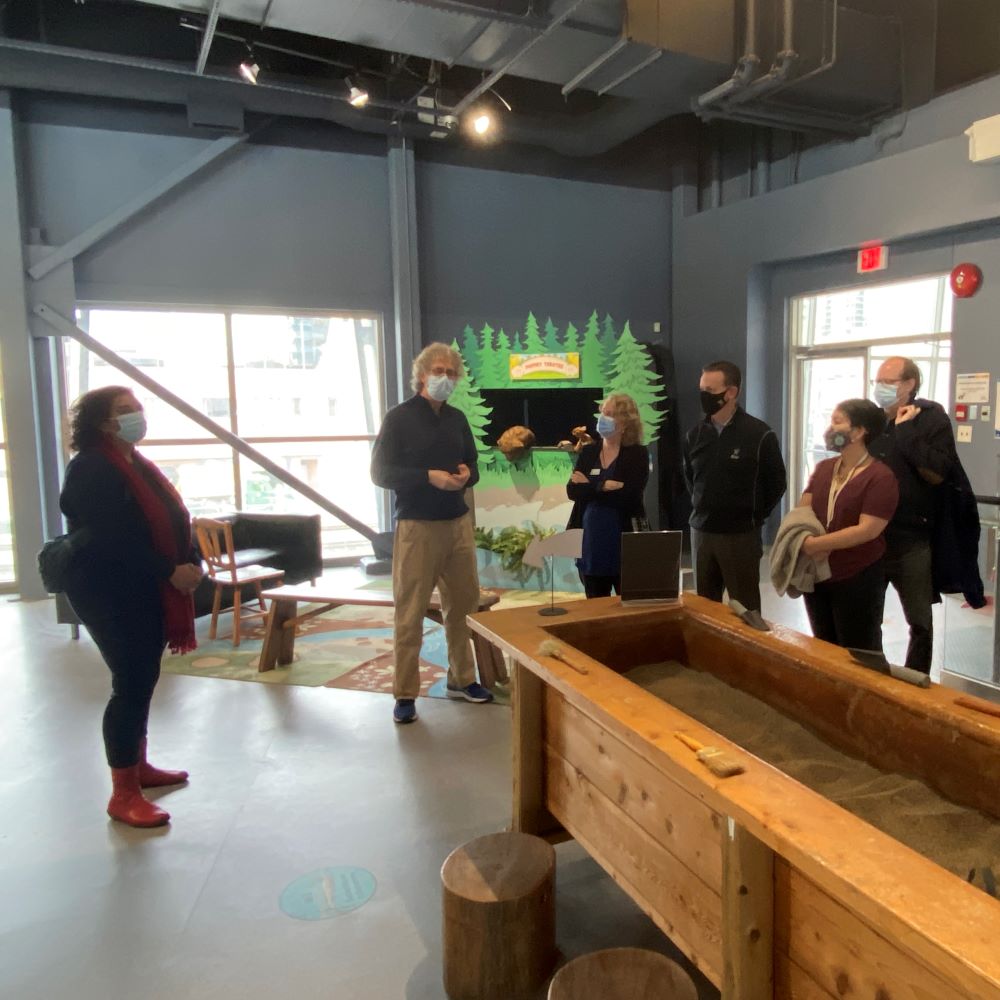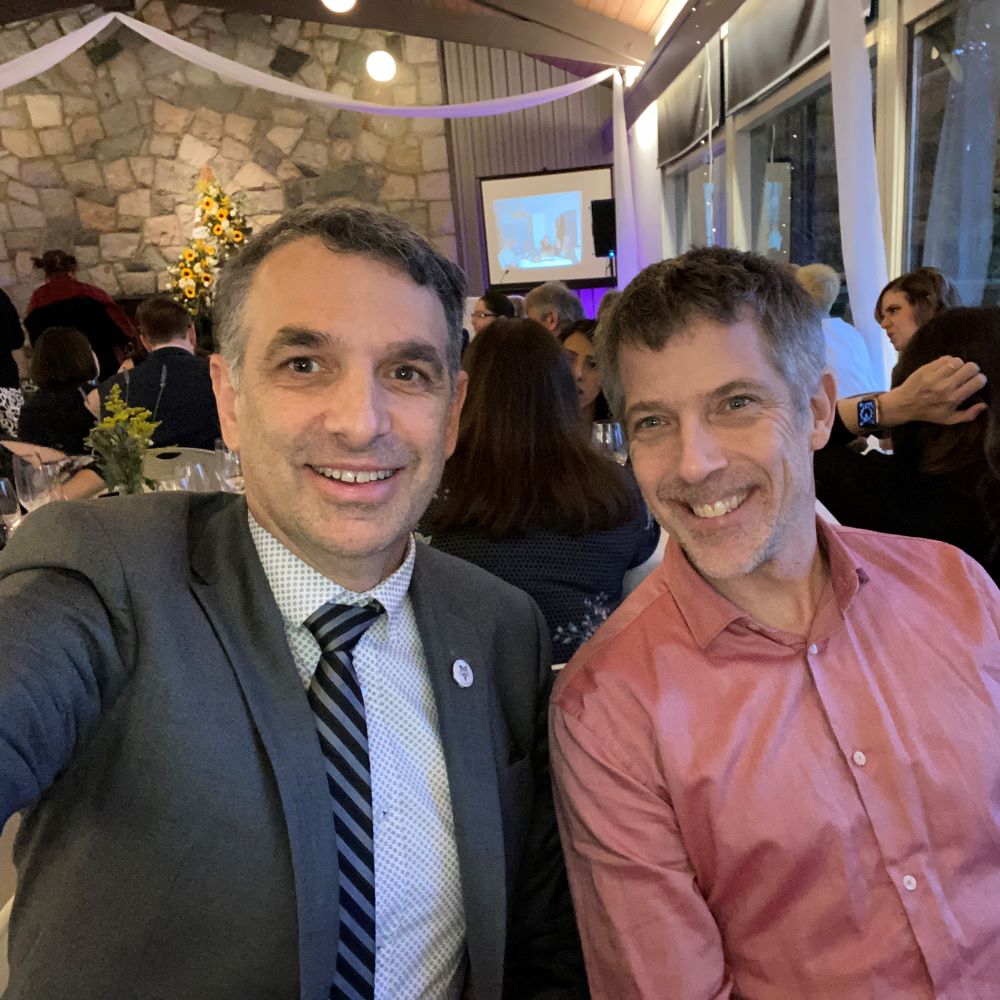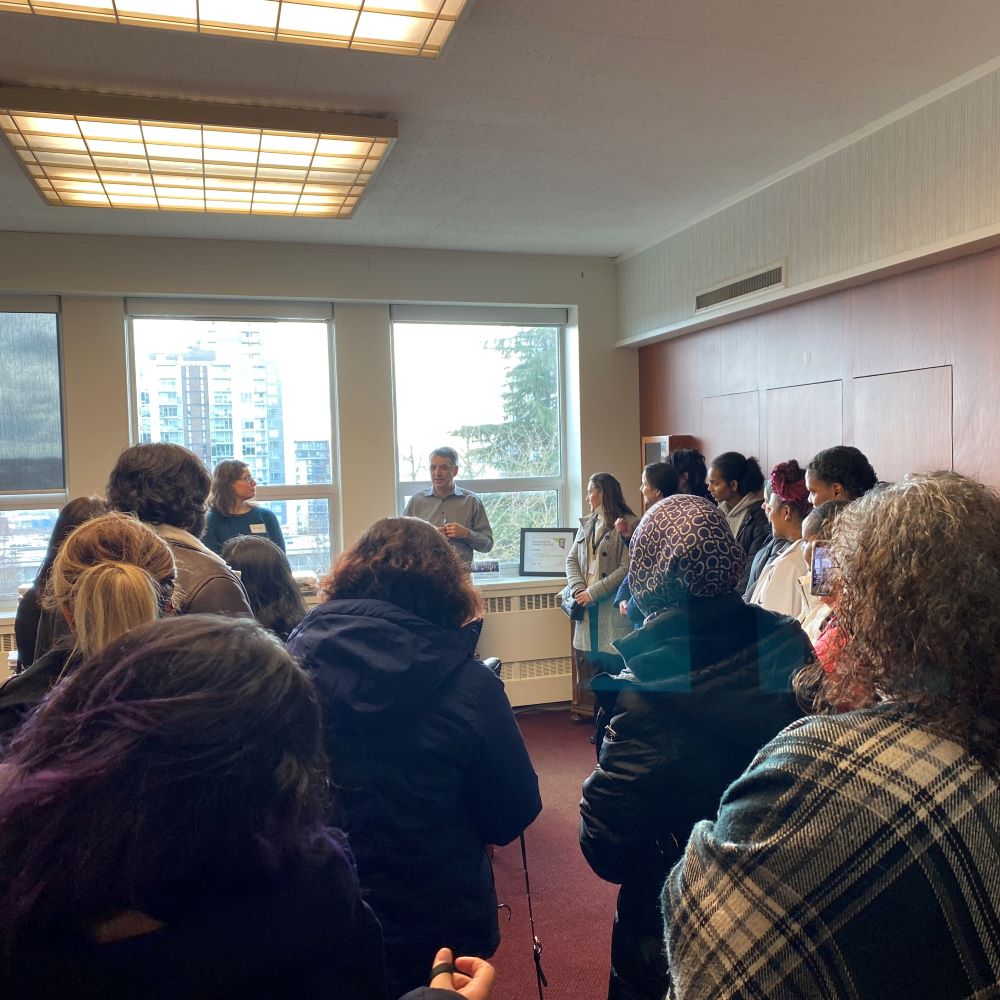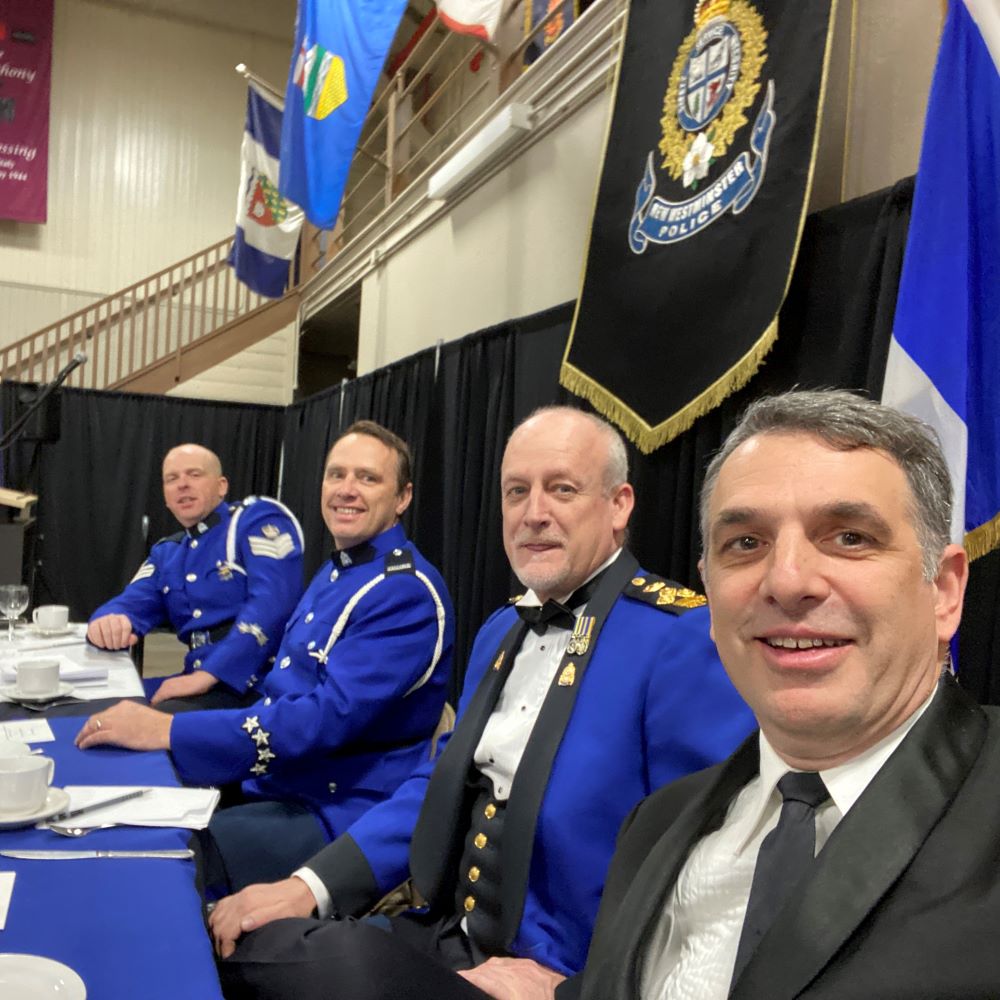February has flown by, and as the snow was flying on February 27th, we got through a day of budget workshops and an evening of exciting Council Meeting action. As always you can enjoy the entire agenda here, or you can read my biased summary below, which I need to once again emphasize does not constitute official City communications:
We started the meeting with a Development Variance Permit:
DVP00701 for 311 Ash Street
As discussed last meeting, the owner of this building wants to add 5 new rental suites to the existing rental building by building them into the existing semi-sunk parking area. This requires a Development Variance Permit to allow for the reduction in parking. (it also requires building permits and such, but those are not purview of Council). As I live very close to this property, I have recused myself from the discussion to avoid perception of conflict of interest, so to find out what happened you will have to watch the video.
We then moved the following items On Consent:
Construction Noise Bylaw Exemption Request: 2126 Seventh Avenue (22nd Street SkyTrain Station)
TransLink is going to be doing some work at the 22nd Street Skytrain station to improve emergency access related to the increased number of people using the station. Some of this work has to happen at night, because it cannot happen when people are using the station. They are asking for a construction noise variance to permit this work, and we are giving them one.
Development Variance Permit: 231 Lawrence Street – Permit to Vary Lot Frontage
Some lots in Queensborough are deeper than typical, which means a 30’ lot width that might be typical in other parts of the city result in lot that has less than 10% of its perimeter as frontage – one of those rules that manages lot shapes in a bigger planning context. So if they want to subdivide this property to be like the properties adjacent, they need to ask for this development variance to exempt them from the 10% rule. This will come to our next council meeting, if you have opinions, let us know before then!
Heritage Revitalization Agreement and Heritage Designation: 802 & 806 Eighth Street and 809 Eighth Avenue – Bylaws for First and Second Readings
The owners of these properties in Uptown want to build more missing middle – 18 stacked townhouse units, and will preserve a historic single family home as well. This project will go to a Public Hearing, so I will hold my comments until then. If you have opinions, let us know!
Housing Agreement Bylaw No. 8376, 2023 for 612 Seventh Avenue – Bylaw for Three Readings
The first new major development in Uptown in some time is getting ready to break ground. We have already gone through the approval process, we need now to come to terms on the Housing Agreement that guarantees the building will remain rental for 60 years or the life of the building – whichever is longer. This requires a Bylaw, and we agreed to read it.
The following items were Removed from Consent for discussion:
Considerations Related to a Review of the Existing Council Code of Conduct
We introduced a Code of Conduct in New West Council at the beginning of last term, and revised it a bit last year. There is a new statutory requirement by the province to introduce one if you don’t have one, or review it if we do have one. The request here is for staff to start that work. Council made a few suggested additions, including clearer guidance on Conflict of Interest and the introduction of an external Integrity Commissioner to provide independent oversight of the process. Staff will work on this and report back.
Exception to the CDSA exemption to address illicit drug use in spaces for children and youth
The Federal Government decriminalized possession of small amounts of some drugs, They made some exceptions: You can’t carry those drugs into a school, a childcare centre, into an airplane, etc. They did not include municipal parks or playgrounds in that exception, though local government staff asked for it. On the advice of staff, we are going to submit a resolution to the UBCM asking the members to make the political ask to fix this oversight.
Project Update – təməsew̓txʷ Aquatic and Community Centre (TACC)
The update on təməsew̓txʷ is that we hope to have a soft launch around Family Day 2024. This is a month or two after best laid plans, but considering the massive construction industry churn, the supply chain chaos of the last two years, and the concrete strike, this is a remarkable achievement. There are still critical path activities going on, so we are not home and dry yet, but we are home and vigorously toweling ourselves off, and all indications are that we are ready to plan the next big step – hiring and training staff for a brand new and staff-intensive operation. On that topic – we are looking for Aquatics Staff for both this summer outdoor pool season, and for the new complex – if you want to come work in the biggest & bestest new pool in the region go here and apply now!
Request for Support for Family Place Relocation in Downtown New Westminster
Family Place is an important service in our community that supports vulnerable families in many ways, and creates a welcoming and supportive space for kids and parents. Their need to move locations has put them in a bit of a bind, and the City has been partnering with other organizations ot help find them an appropriate space. The uncertainty has also resulted in a short term need for some grant support to get them over the hump. I am reluctant to do this outside of our regular grant process, but there is money in the grant budget to support them here, and these are truly exceptional circumstances.
We had many Bylaws to read, including the following for Adoption:
Zoning Amendment Bylaw (228 seventh Street) No. 8373, 2023
This Bylaw that changes the property’s zoning to make it consistent with the current use, and enable construction of a detached accessory support building where there is currently a converted garage was Adopted by Council (I was not present for the vote because of conflict – this is right by my home)
We then had some Motions from Council, more than usual because it is the deadline for getting resolutions to the Lower Mainland LGA for further advance to UBCM, and New West always has a few ideas for those larger forums:
Improving Our Economy by Better Connecting Douglas College Students, Faculty and Staff with our Business Districts
BE IT RESOLVED that Council refer to the Economic Development Advisory Committee for discussion and action as appropriate, a collaborative “Study and Stay” campaign aimed at encouraging students, faculty and staff at Douglas College to more regularly frequent our city’s various business districts
In light of conversations we are having about the volume of notices of motion, this is an example of one that is, in my opinion, completely unnecessary to get to the goal stated. One member putting this motion forward is a member of the Economic Development Advisory Committee, and did not raise this topic during the most recent meeting of the committee. The third party being discussed – Douglas College – also has a representative on that same committee. This could have been a question across a table, and if the EcDev committee thought it was an area they wanted to prioritize, they could do that Advisory Committees do – advise council. I won’t even debate whether this is a good or bad idea, that is perhaps a great conversation for the EcDev committee, but democracy is not in any way harmed if every random thought a councilor might have is tested by advisory committee or discussion with staff before it ends up on our evening agenda, where it does not have the benefit of subject matter exercise that staff and advisory committees provide. Council moved to approve this, and EcDev can look at it.
Extension of Speed Zone Enforcement Hours
BE IT RESOLVED THAT Council direct that speed zone enforcement hours be extended and direct staff to bring a report back to Council for approval on how to implement this change including a discussion on: The length of the extension i.e. 24 hours, or 7am –10pm; Potential impacts to Neighbourhoods, Transit, and Traffic Management; Any budget Implications; and • Other concerns arising.
There was an information report provided by Council on this issue, talking about some of the potential issues and suggesting coordination with surrounding communities to achieve as much consistency as possible. With Burnaby already extending their hours, this point is well taken.
Overall, I think this is a good idea, and I hear the community asking us for this. I have always been a supporter of 30km/h on residential and pedestrian-oriented streets, and as the City continues to make the case to Province that the MVA should be changed to reflect this, we have already made this change on Greenways and a few other appropriate locations. I would support 24 hours around schools (to be consistent with the changes we have already made), but we will see what Staff recommends.
Call to Action on Creating more Equitable Municipalities
BE IT RESOLVED THAT The City of New Westminster submit the following motion to the Lower Mainland Local Government Association for consideration for submission to UBCM:
Whereas systemic inequities are present in all municipalities and prevent all citizens from fully participating in civic life;
Whereas numerous municipalities across British Columbia and Canada have made progress towards becoming more equitable by committing to embed equity in all government action through the use of analytical processes for the assessment of systemic inequities (e.g., Gender-Based Analysis Plus);
Therefore be it resolved that the Union of BC Municipalities (UBCM) calls upon the Province of British Columbia and the Government of Canada to provide resources and policy direction to enable municipalities to implement said processes across municipal capital investments, operations and strategic initiatives and once created urge municipalities to use the resources to make measurable progress towards dismantling systemic inequality in our communities.
This resolution was being championed by the YWCA, and is completely consistent with the work the City is trying to do in many different ways, though there are limited tools (regulatory or elsewise) to help local governments do this work. The Province of BC has Parliamentary Secretary for Anti-Racism Initiatives, and a mandate to improve equity outcomes in the province, this would help them in that work. Council supported the motion. On the Lower Mainland LGA!
Providing openness and transparency regarding the personal carbon footprint of elected officials
BE IT RESOLVED that Council request our Environment and Climate Advisory Committee (ECAC) be tasked with developing a new Carbon Emission Declaration and Pledge Form for consideration; and
BE IT FURTHER RESOLVED that once it is finalized, the Carbon Emission Declaration and Pledge Form be considered as a voluntary public annual disclosure for all members of Council and that it be completed at the same time as the financial disclosure; and
BE IT FURTHER RESOLVED that the Carbon Emission Declaration and Pledge Form capture the estimated carbon emissions pertaining a number of key items such as:
Personal trips (planes, trains, automobiles, motorcycles); Business/Work trips (where no other low-carbon alternative option existed i.e. attendance via Zoom); Personal vehicle ownership and usage (electric, hybrid, fossil-fuel based); Home ownership types (single family home, townhome, condominium)
BE IT FURTHER RESOLVED that the Carbon Emission Declaration and Pledge Form allow for members of Council to make a pledge for the coming year to personally undertake up to three new environmental activities that will help to lower their own carbon emissions; and
BE IT FURTHER RESOLVED that the declaration portion of the Carbon Emission Declaration and Pledge Form be retroactive to the November 7, 2022 swearing-in of this current Council; and
BE IT FURTHER RESOLVED that Council forward a copy of this motion to the leaders of the recognized political parties in the BC Legislature and our Federal Parliament asking they immediately undertake the development of a similar declaration form to capture the personal carbon footprints of our Members of the Legislative Assembly and Member of Parliament
We had a couple of delegates come and speak to this motion – prominent climate activists in the community – and watching their presentation more succinctly and elegantly outlines the fundamental flaw in this motion than anything I say, but I’ll put my two cents in anyway.
This stunt does nothing to move the needle on emission in the city, so I am not interested in city staff working on this when we have more important climate action work to do. This also sends the dangerous message that climate action is about personal sacrifice and individual actions. That was a compelling idea a decade or two ago, but in 2023 we know that avoiding the worst impacts of climate disruption will require societal change, and as elected officials, our job is to facilitate that change. Counting the plastic drinking straws one uses is a waste of time when we have a federal government is spending $20 Billion on a bitumen pipeline that will move the equivalent of 120 Billion plastic straws of fossil hydrocarbons a day.
The time of counting straws of over. The time for bold action that shifts out reliance on hydrocarbons is here.
This also bears a striking similarity to (and ultimately facilitates) the common climate denialism tactic of dismissing anyone interested in talking about climate action through a special case ad hominem. Instead of listening to their ideas when they talk about the need for massive economic shifts, these disingenuous critics hone in on the personal lifestyle of the advocate. If they are vegans living in a cave, then they are characterized as freaks out of touch with the real needs of real people living in modern society. If they are NOT vegans living in cave, they are called hypocrites. Whether it is Bob Mackin lurking in David Suzuki’s bushes during earth hour or Keenan Bexte digging through Greta Thornberg’s garbage, it’s a tired meme, meant to distract people from doing real work. And as the WOPR taught us, in a silly game like this, the only winning move is not to play.
Improving and strengthening open communication between all elected officials in New Westminster
BE IT RESOLVED that Council send an invitation to our local Member of Parliament, Members of the Legislative Assembly and the School Board to participate in a New West Caucus to take place in 2023; and
BE IT FURTHER RESOLVED that our staff work in partnership with the staff representing our MP, MLAs and School Board Trustees to develop a draft terms of reference for the New West Caucus; and
BE IT FURTHER RESOLVED that a joint secretariat be established through the Office of the Mayor to assist with the coordination of establishing agendas and selecting dates for the New West Caucus
I’m not opposed to the idea, though I do question the characterization of Vancouver’s experience as a “great success”, as I can find no evidence that Sam Sullivan’s experiment at this resulted in anything more than one meeting in 2006, never to be repeated. That said, I have a great working relationship with all three senior government representatives in New West and the School Board chair. Our communications channels are always open, and I do work with them on matters of common interest. That said, managing all three schedules along with those of the 14 members of Council and School Board might be a challenge to make work. But if some sub-group of us can sit down as a larger group and share our goals of the months and years ahead, I’m happy to be the host.
Temporarily eliminating block party street occupancy permit fees to encourage increased neighbourhood connectivity
BE IT RESOLVED that to encourage more community engagement as we emerge from out of the COVID pandemic, Council amend the Engineering Fees and Rates Bylaw, 7553, 2013 to provide to eligible residents a no-charge street occupancy permit to host a ‘block party’ in their neighbourhood; and
BE IT FURTHER RESOLVED that applicants are able to host up to one no-fee block party per calendar year in 2023 and 2024 and that standard fees will apply for any additional permits; and
BE IT FURTHER RESOLVED that staff provide an update to Council regarding how the no-fee permits have impacted the number of community and street events after the first 12 months of implementation
This follows a motion from January, where Staff reported back to us that they did not see a great benefit here, as they don’t think the $39 permit fee was a deterrent to street festival organization, considering the other costs and organizational challenges. Note, we are not removing the requirement for a Permit (there are good legal liability reasons for this) only the nominal cost, which does not cover the full cost of the City supporting these events (about 30 in an average year). Council voted to support this, though I did vote in opposition, as I was compelled by the staff feedback.
Bringing Equity to Traffic Enforcement
Be it resolved that The City of New Westminster submit the following resolution to the Lower Mainland Local Government Association for consideration for submission to UBCM:
Whereas the primary deterrent from exceeding speed limits or violating other road safety regulations on municipal roads in British Columbia are fines administered under the Violation Ticket Administration and Fines Regulation; and
Whereas fixed rate fines are inequitable, disproportionately impacting people with lower incomes while applying lower deterrent value to people with higher incomes, creating a structural inequity in the application of justice;
Therefore be it resolved that the Union of British Columbia Municipalities calls upon the Provincial Government to implement a means-tested traffic fine system, similar to
Finland, Switzerland, Sweden or the UK, where fines may be calculated on the basis of the offender’s income.
This was an idea I shamelessly cribbed from Saanich Councillor Teale Phelps Bondaroff. After he failed to get support from his Council for this resolution, I asked him if I could modify it a bit and run it past my Council, as I think it is an idea we should test with the UBCM membership. And it appeals me because it speaks to several issues I care about, and issues that are addressed in our City’s policies.
Enforcement of dangerous behaviors on the road, be that running red lights, speeding, failing to yield to pedestrians, is important to our broader goals of road safety. Bringing equity to our legal system so the fine not only fits the crime, but provides a more equal incentive to safe driving practices for all members of the community, regardless of their socio-economic status. Having flat rate fines is inequitable, and the approach of indexing fines is very popular in several jurisdictions where it has been applied. Council voted to support this.
Vacant Property Tax on Commercial Properties
Be it resolved that Council support the following resolution go to the Lower Mainland LGA conference for consideration at the UBCM meeting:
Whereas the Province has adopted vacancy taxes on vacant residential properties as one tool to assure land speculation does not result in property standing fallow to the detriment of community livability and other goals; and
Whereas commercial property values are inflating province-wide, and increasingly face investment speculation resulting in similar underutilization of commercial property in many municipalities across British Columbia;
Therefore be it resolved that the Province of BC provide local governments with an option to introduce a vacant property tax applicable to commercial properties
This idea has been discussed in relation to some of the underutilized and vacant commercial properties in the City, and a recognition of their impact on the Downtown especially. Local governments in BC do not have the legal authority to charge a vacant property tax on empty lots or on commercial properties, we would need a change in provincial legislation to permit this. It would be good to have that in our toolbox, so we can discuss the best way to make it work.
It is worth noting that reps from the New West Chamber of Commerce delegated to Council and expressed support for this motion, and I have heard positive support for this from many business owners, especially in the downtown. It will be interesting to see how this discussion evolves through the Lower Mainland LGA and UBCM, now that Council unanimously supported this going forward to them.
